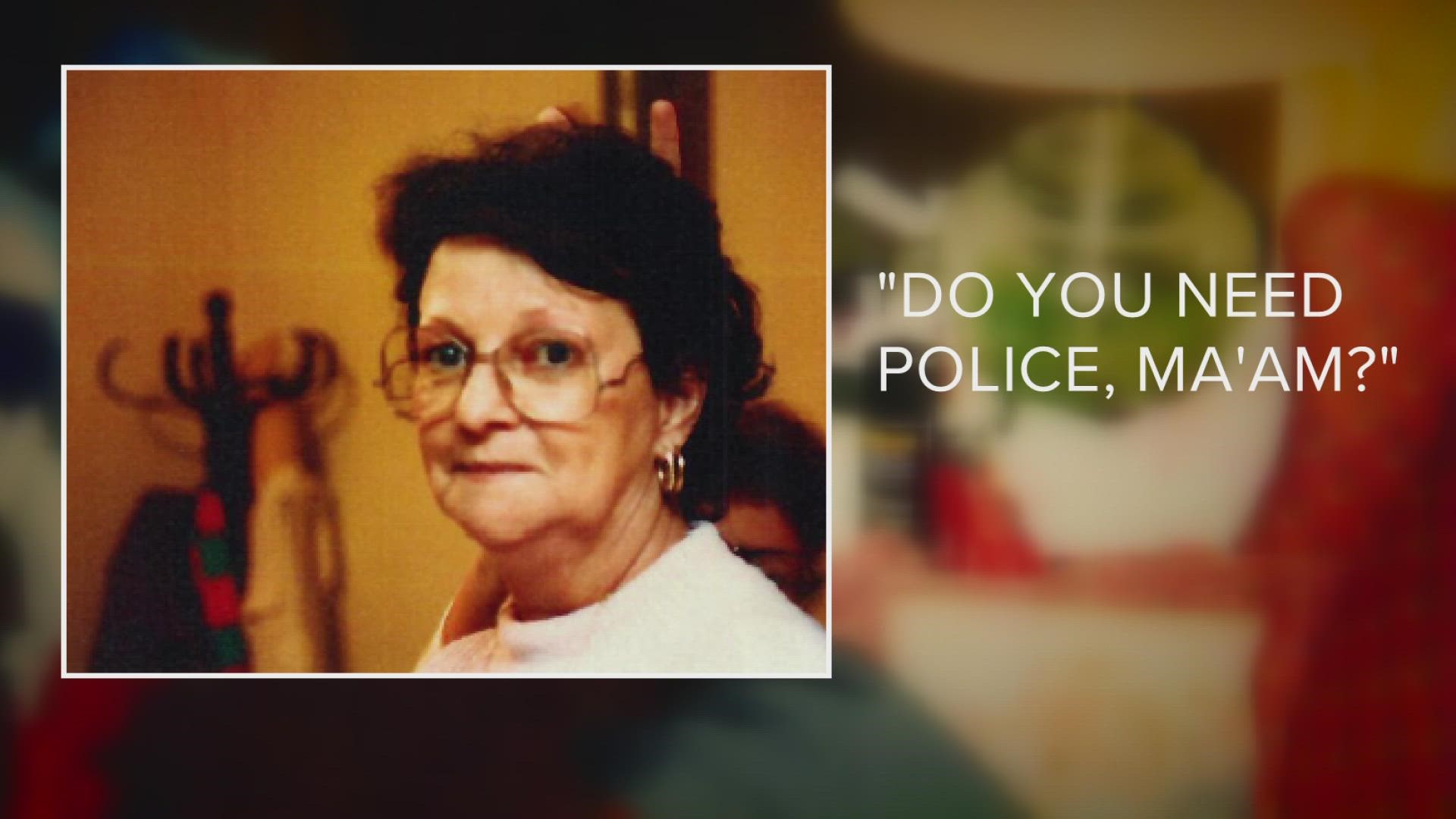An ex-Gwinnett cop convicted of woman's 1993 murder vows his innocence. New evidence was just uncovered.
11Alive News uncovered evidence never heard or seen by the jury, which in 1995 convicted Michael Chapel to life in prison for murder.
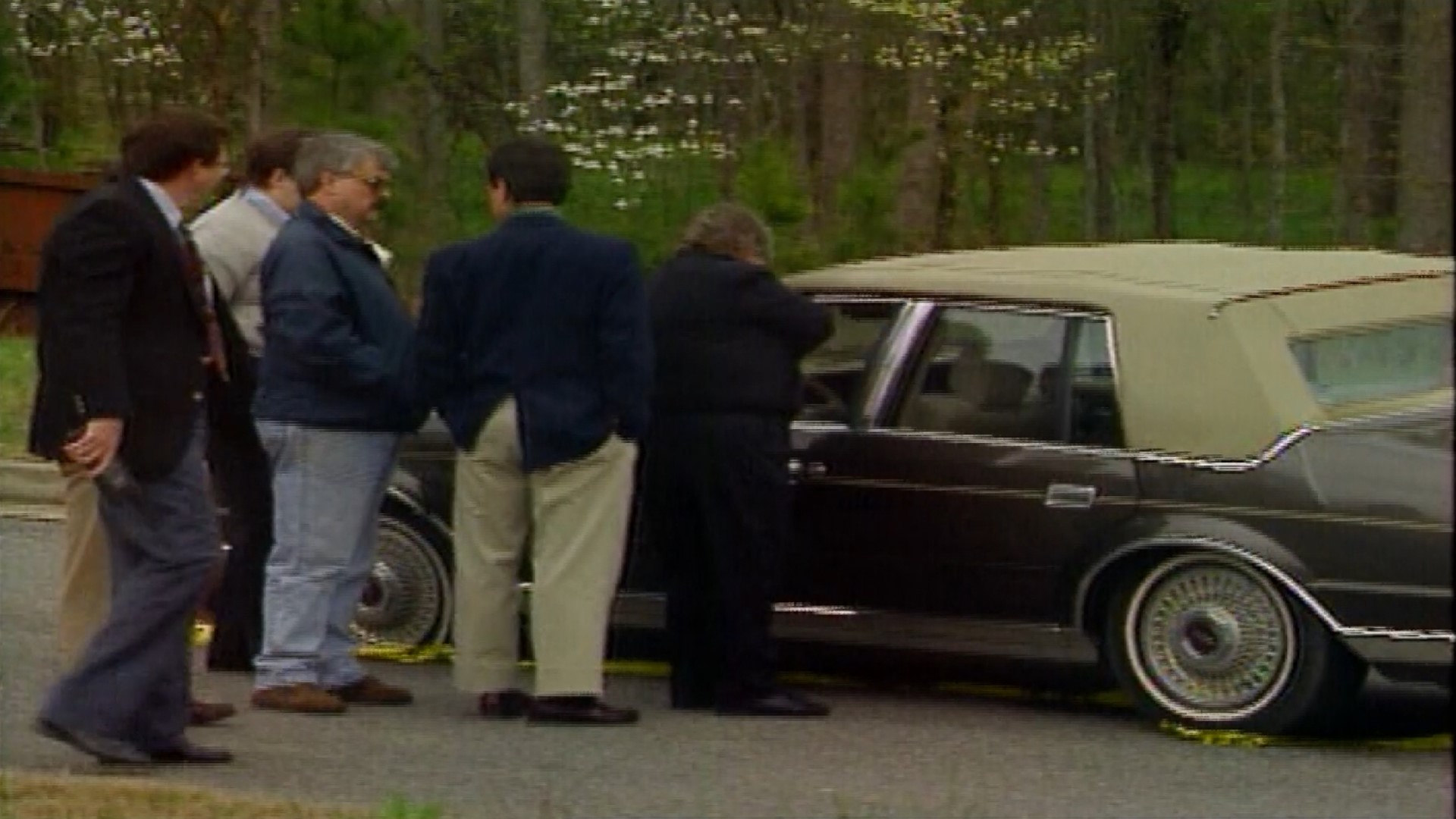
A former Gwinnett County Police officer, who has spent nearly three decades in prison for murdering a woman while on duty, is vowing his innocence.
11Alive Investigators spent months revisiting boxes full of decades-old case files, uncovering evidence never before seen or heard by the jury.
THE INSURANCE PAYOUT
Around 7:40 a.m. on April 16, 1993, 53-year-old Emogene Thompson was found dead in her car outside the Gwinnco Muffler shop in Sugar Hill, Georgia. She'd been shot twice in the head. Her vehicle had a flat tire.

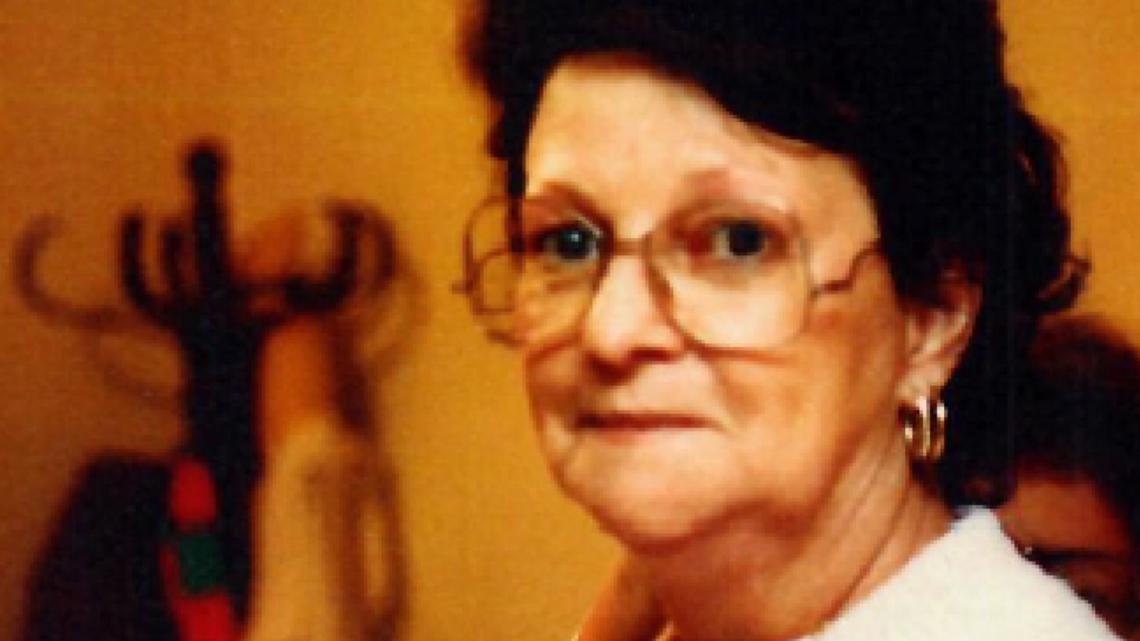

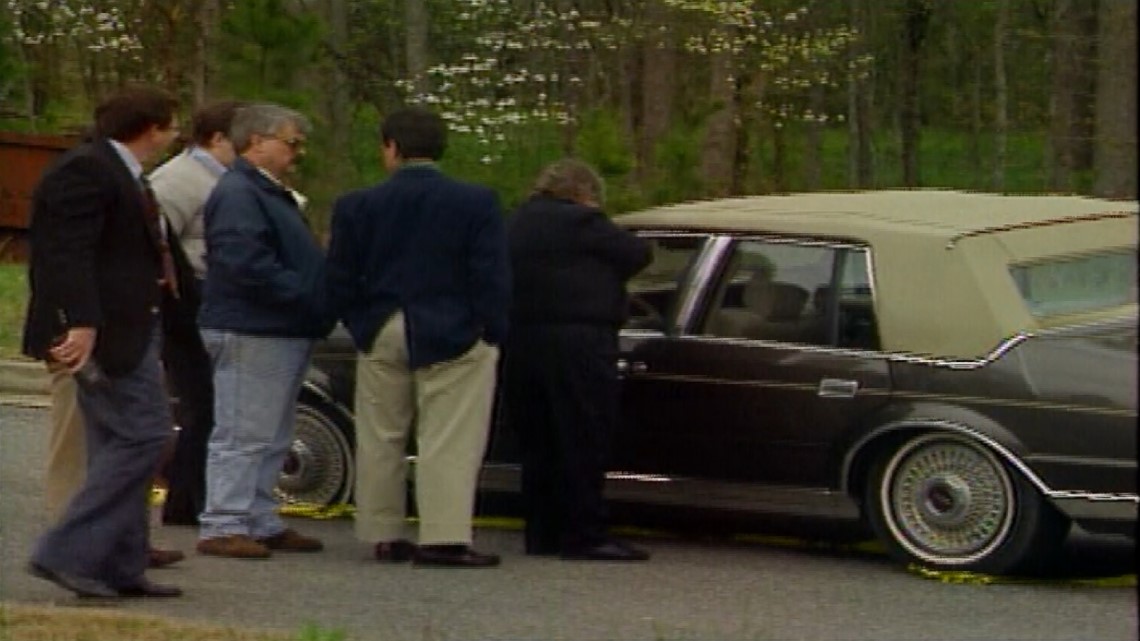
Thirteen days prior to the murder, decorated Gwinnett County Police officer and Marine veteran Michael Chapel had responded to Thompson's home for a report of a burglary.
Thompson had recently received a $14,000 insurance payout. She'd cashed it out and had been hiding the bills behind her dresser in her home.
On April 3, 1993, she called police to report half of it was missing.
"She called the police, and Chapel responded," recalled Danny Porter, who was the Gwinnett County District Attorney at the time.
Porter said that call set into motion a plot that resulted in Thompson's murder and the arrest of officer Chapel.
“Basically everybody knew that it was her son, who had taken the money because they'd only taken half of it," Porter said of the initial theft call. "She didn't really want to prosecute. And so Chapel was kind of left with not much to do.”
So that was that. Until 13 days later, when Thompson was found dead in her car.

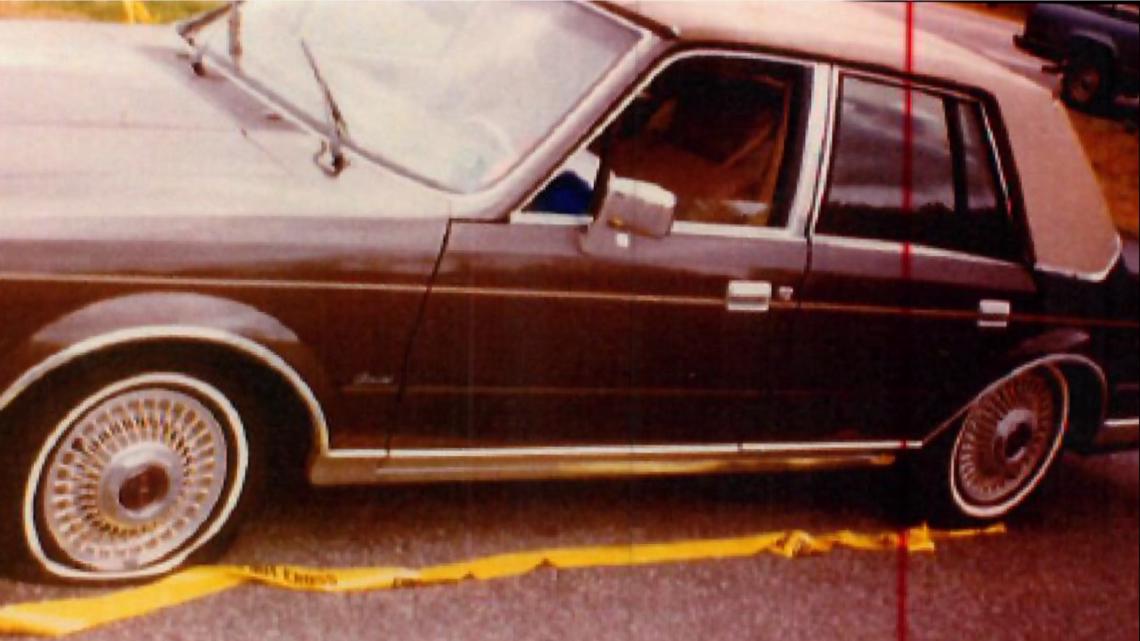
Her purse containing the remaining $7,000 was gone.
Investigators promptly set up a traffic stop the next day, looking for witnesses.
Several said the same thing; that they’d seen a police car parked at the scene of the crime at the time of the murder.
"People who saw the police car, who saw a policeman within the timeframe from 9:30 to 10," Porter said.

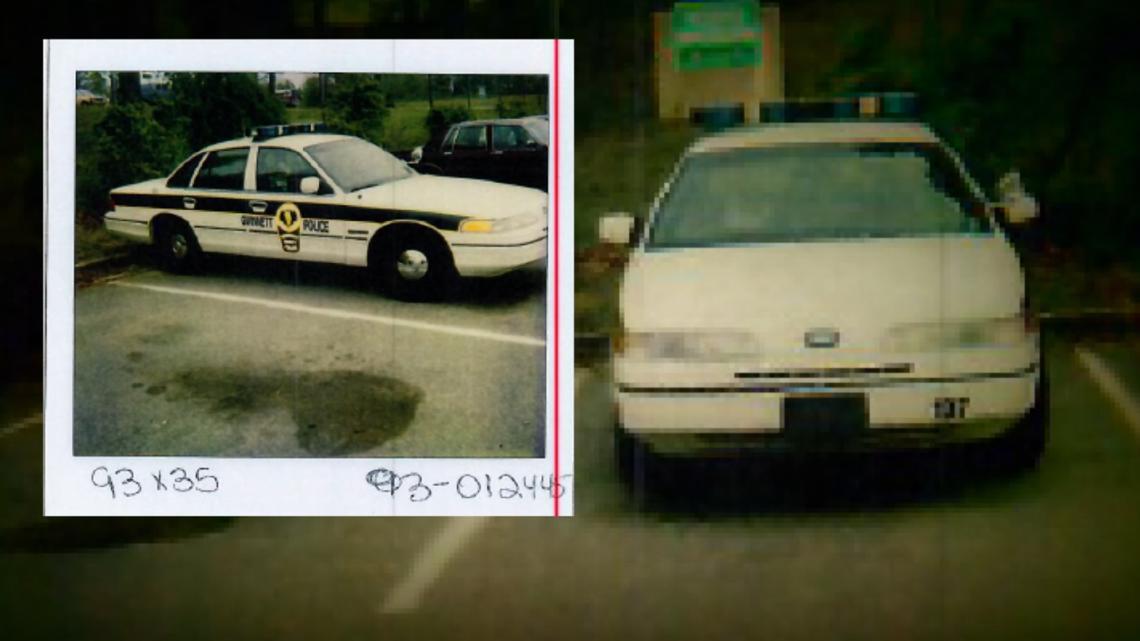
That was determined to be the timeframe in which Thompson was murdered.
Between the eyewitness reports and the discovery that Chapel had made contact with Thompson two weeks earlier, Porter said Gwinnett County Police investigators began fearing the suspect was one of their own.
“Once we realized they had made contact, once the eyewitness came in, Chapel was ordered to headquarters to be interviewed... and subsequently arrested," Porter said.

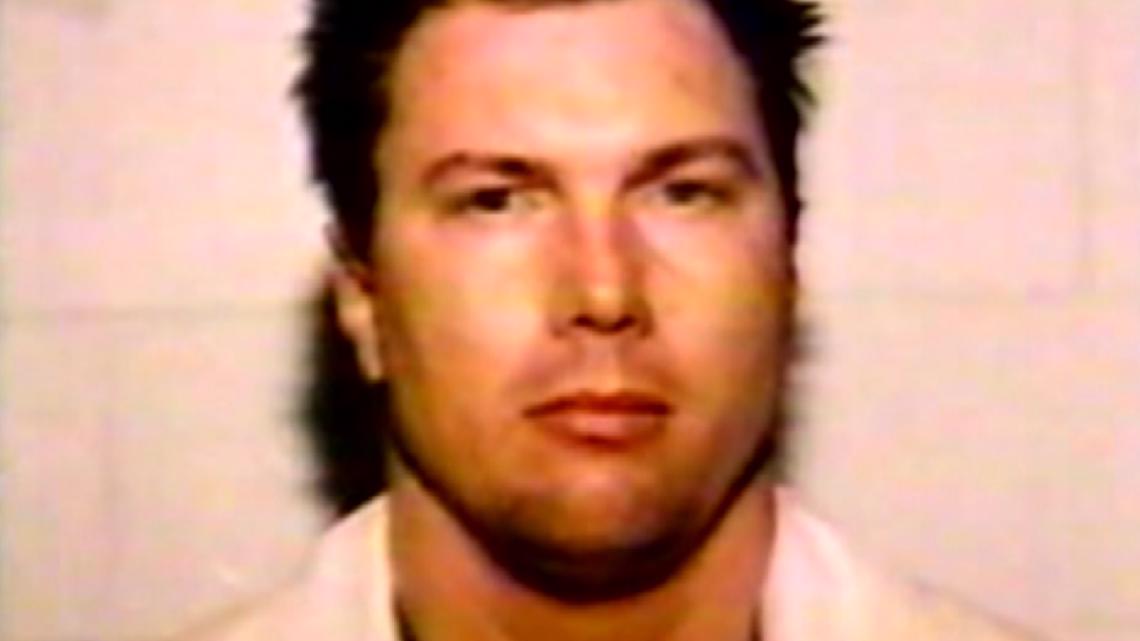
Chapel maintained his innocence, saying he’d been at a local firehouse waiting out a storm at the time of the murder. The firefighters he was with that night corroborated his story days later with written statements. Several stated that Chapel left the firehouse around 10 p.m. after the murder occurred.
However, Porter presented damning evidence at the trial, including the presence of blood spatter on Chapel's rain jacket.
There was also a trace amount of blood found on the armrest of Chapel's patrol car.
Porter also submitted bank statements and witness testimony he said proved Chapel had been in financial trouble, and made several cash payments in the days following the murder.
And, of course, testimony by the witnesses who said they’d seen a police car in the area that night – although none correctly identified Chapel’s specific vehicle.
“Back then, it was, it was a horror show that a police officer would sully his badge that way," Porter said.
After four days of deliberation, the longest in county history at the time, the jury came back with their verdict.
They'd found Chapel guilty of murder. Though it was a death penalty case, the jury opted for a life sentence in prison.
"They ran a headline that Michael Chapel is the most despicable man in Georgia," recalled local author Henry Ball, who said he met Chapel a few times as a young man.
“All American former Marine, you know, gung ho police officer," Ball said, describing Chapel's formidable presence, and fall from grace. "I'm sad to say that I actually believed he was guilty because of the case that they presented to the public.”
Years later, Ball would gain a renewed interest in the case, gathering hundreds of public record documents and writing a book asserting Chapel's innocence.
“I was struck by how weak the case was, there were just major holes in the case against him," Ball said. "The bottom line is, he wasn't there. You can't be two places at one time. He didn't do it."
Chapel's wife Eren, the mother of their two children, has never stopped fighting for his exoneration.

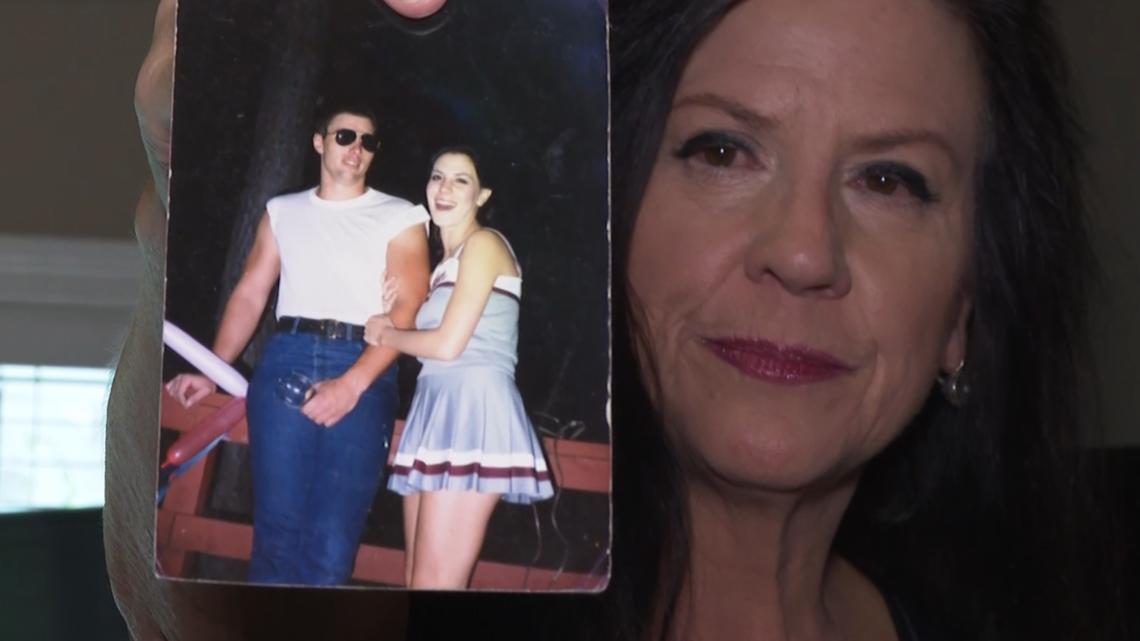
"Did you ever ask him if it was true?” 11Alive investigator Savannah Levins asked.
“I don't have to ask him, I know," Eren responded quickly. "He loved his job. He truly protected and served his community. I mean, this guy's a boy scout. He never even had a speeding ticket, nothing."
So, she said she was shocked when his own department charged him with murder, and by the evidence presented in court that she said doesn’t add up.
“We were not having financial issues, we were not in dire straits," she said. "We owned a home. We owned a business. We both worked.”
Eren was a waitress at the time, they owned a gym together, and Chapel often worked private security. So, she said, they often had cash on hand. But it’s not only the motive she disputes.
“He has eyewitnesses placing him at the firehouse during the time of the murder," she said. "The blood evidence they found in the car, the serology report says they didn't even know if it was human origin. The rain jacket was never tested. Never.”
Porter admits that while the blood on the rain jacket was tested for the presence of human blood, it was never tested for DNA.
"I made a strategic choice," he explained. "Do I cut the jacket all in pieces for a 50/50 result, or do I leave the coat intact and have the expert point out the blood spatter?”

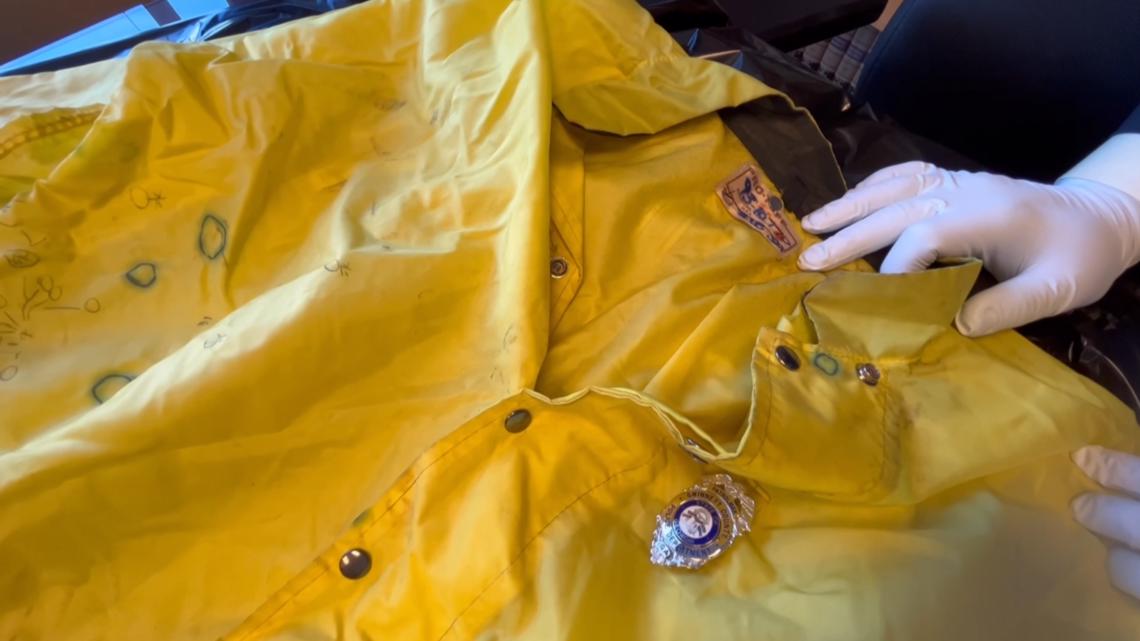
Porter also poked holes in the testimony of the firefighters who had been with Chapel that night. Perhaps they’d misremembered when they said Chapel left at 10 p.m., he argued.
“I believe... that he left the firehouse right around 9:30, he went to the scene, he committed the murder," Porter said.
Chapel argued that was impossible, repeatedly saying he took a dispatch call from the fire station at 9:56 p.m.
"So he responded to dispatch there at the firehouse, standing underneath the firehouse speaker," Ball said. "The dispatch tape literally disappeared. It was never heard by the jury, never examined by the defense. Because they were, quote unquote, lost."
Although it's true the jury never heard the tape, reports of it being deliberately hidden or "missing" have been disputed by Porter.
THE DISPATCH CALL
11Alive investigator Savannah Levins was able to obtain a copy of the dispatch call from the Gwinnett County DA's Office.
In the call, you can hear some background noise, as dispatch reads off an address. Chapel can be heard confirming with a "10-4."
While Chapel does not explicitly state he's at the firehouse in the dispatch tape, those advocating for Chapel’s innocence said the recording is still proof of his alibi.
“If he was at the firehouse at 10 o'clock and she was killed between 9:30 and 10 on the other side of town, Michael Chapel wasn't there," Ball said. "Michael Chapel couldn't have done it.”
But Porter maintains Chapel got a fair trial.
“Do you have any idea why that dispatch call wasn’t submitted into trial evidence?” 11Alive investigator Savannah Levins asked Porter.
“It would have been a question of trial strategy," he said. "I don't remember why I made those decisions. The individual evidentiary choices that were made then were what we thought was the best way to try the case."
“You weren't trying to suppress that evidence?” Levins asked.
"No, no," Porter said. "We have an adversary system. Things that would have tended to exonerate him, I'm required to give to the defense, but I'm not required to put them into evidence myself."
From Long State Prison in southeast Georgia, Chapel maintained the innocence he's sworn to for 29 years.
"Did you kill Emogene Thompson?" Levins asked Chapel during a recorded prison phone call.
“I did not kill Emogene Thompson," Chapel said. "I feel responsible for not protecting her, I could have done a better job and I forever live with the consequences of that. I didn't recognize the danger she was in.”

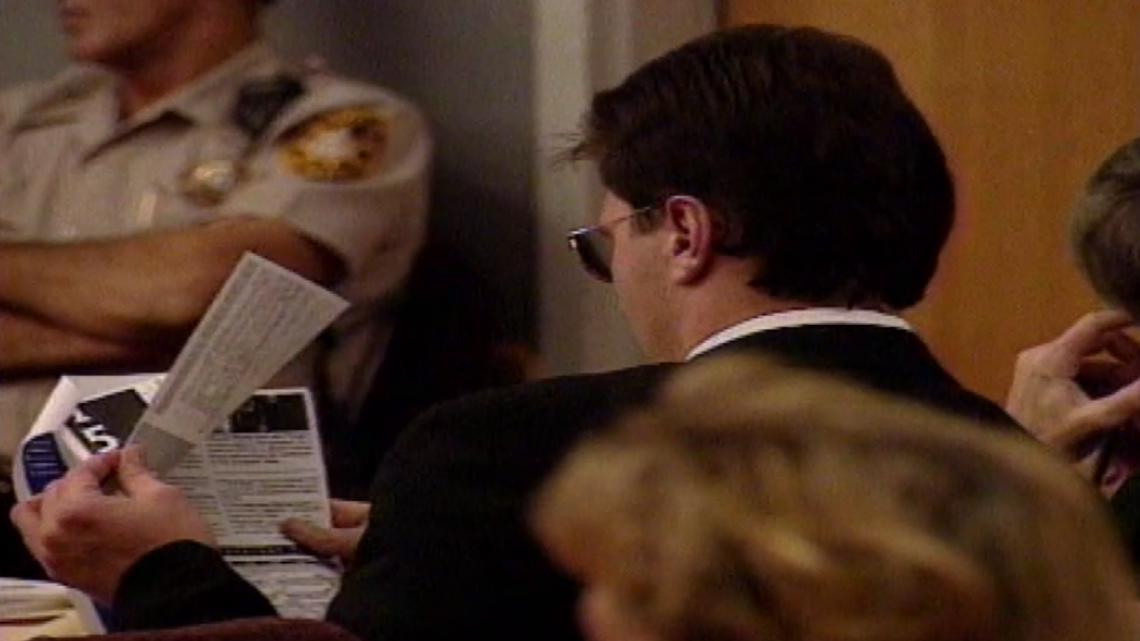
However, in court, Porter did provide enough evidence to convince a jury to send Chapel to prison for life. The blood-spattered rain jacket was one of many compelling pieces of evidence presented.
But Chapel said if there was blood on his jacket, it wasn't Emogene Thompson's.
"The rain jacket, I've fought since from 2005 to get it tested for DNA," Chapel said. "It was a 3, 4-year-old working coat, wore it at crash sites, bad wrecks. You would expect to find some contamination."
There was also the matter of a small amount of blood found on Chapel's patrol car armrest. A DNA test determined it was highly likely it was Thompson's blood, although the defense provided DNA experts that refuted the admissibility of those results.
Chapel said he believes the sample may have been planted. He said he was working behind the scenes at the department investigating "dirty cops," adding that he "absolutely" had enemies within his own department.
"I had some people I didn't like to work with, I didn't trust them, and what I've learned about them since my instinct was right," said Chapel, though he didn't offer specifics.
Porter denies claims that Chapel was framed or targeted.
"There's never been a name associated with this conspiracy," he said. "There's never been a shred of evidence."
Chapel also noted he always kept his patrol car's armrest in the upright position, as he was notably large, muscular and tall. So how, he asked, could a sample of blood end up on an armrest he never touched?
"'How did it get over around on top of everything in front of it? Nothing else was contaminated?,'" Chapel said. "'Why this one tiny spot on this armrest that was always kept in the upright position?'”
Reports indicate Chapel's patrol car had been sitting unsecured for several days following the murder. An initial sweep of the car came up with no blood or DNA evidence. A second sweep days later uncovered the 40-nanogram blood sample. A nanogram is one-billionth of a gram.
"The simple fact that car sat unsecured for so many days, it's just inconceivable it would have any evidentiary value whatsoever," Chapel said.
According to a report from the Georgia Bureau of Investigation, the sample was too small to determine if the blood sample was human.

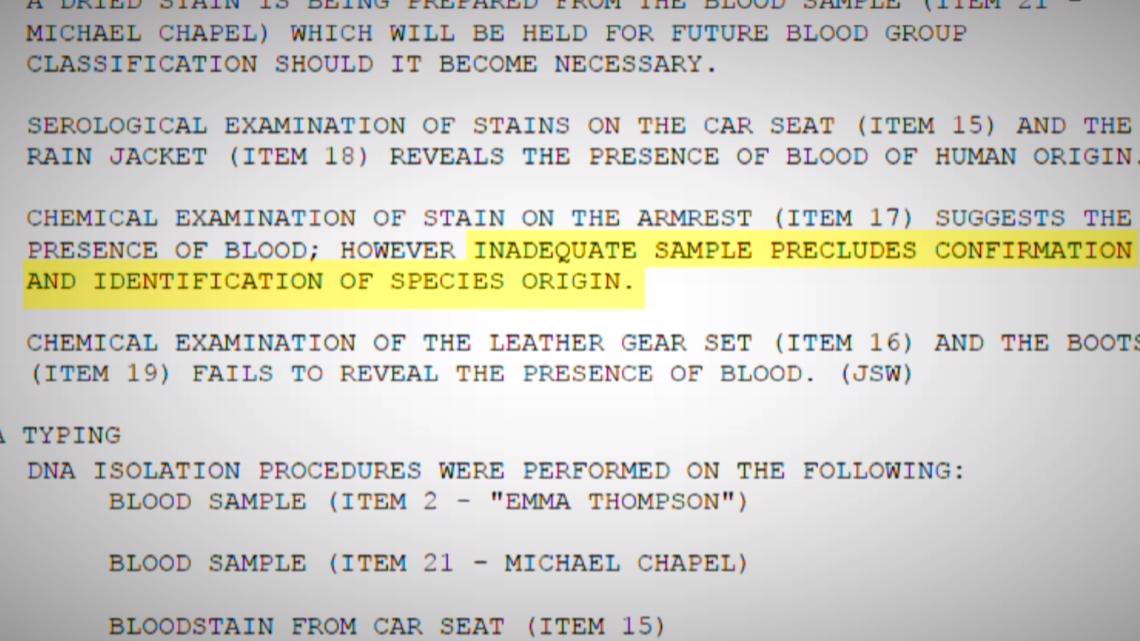
But Porter said the jury was well aware of those concerns at the time of trial.
"[The defense] had three experts who basically said it was not a good DNA test," Porter said. "But the bottom line is the jury believed the test... a good enough match to be to be sufficient to overcome reasonable doubt."
Porter also said he's confident Chapel murdered Emogene Thompson.
"If there had been compelling evidence to come out, that made you doubt even a little bit, would you admit to that?” Levins asked him.
“Yeah," Porter replied. "I would have admitted to it then because that's how I operated. I would admit to it now. My confidence that he's where he should be is 100%.”
The court has denied Chapel’s appeals to this point.
However, a growing number of people, including Chapel’s wife and kids, are pushing for a reexamination of the case and evidence by new eyes and modern technology.
“Just look at the evidence, don't believe me or Mike," Eren Chapel said. "See for yourself. I would like people to open their minds and their hearts. This could happen to you. This could be your loved one.”
Chapel said he's hopeful the case will get another look.
"Somebody with authority will do the right thing and I'll be home with my family very soon, I think," he said. "The truth will be known in the end.”
In 2022, a podcast on Chapel's case was released by Imperative Entertainment. In the Land of Lies, by Sean Kipe, is available now on all podcast platforms.
You can listen to 11Alive's full interview with Chapel below.

